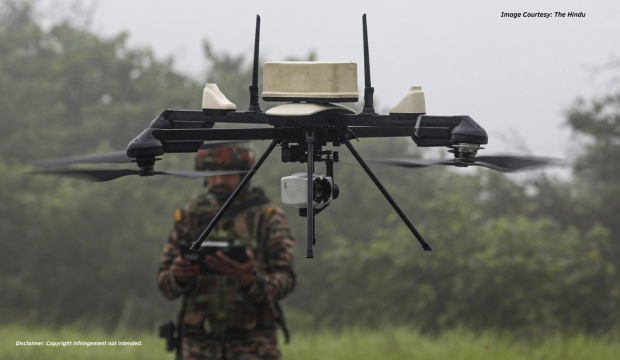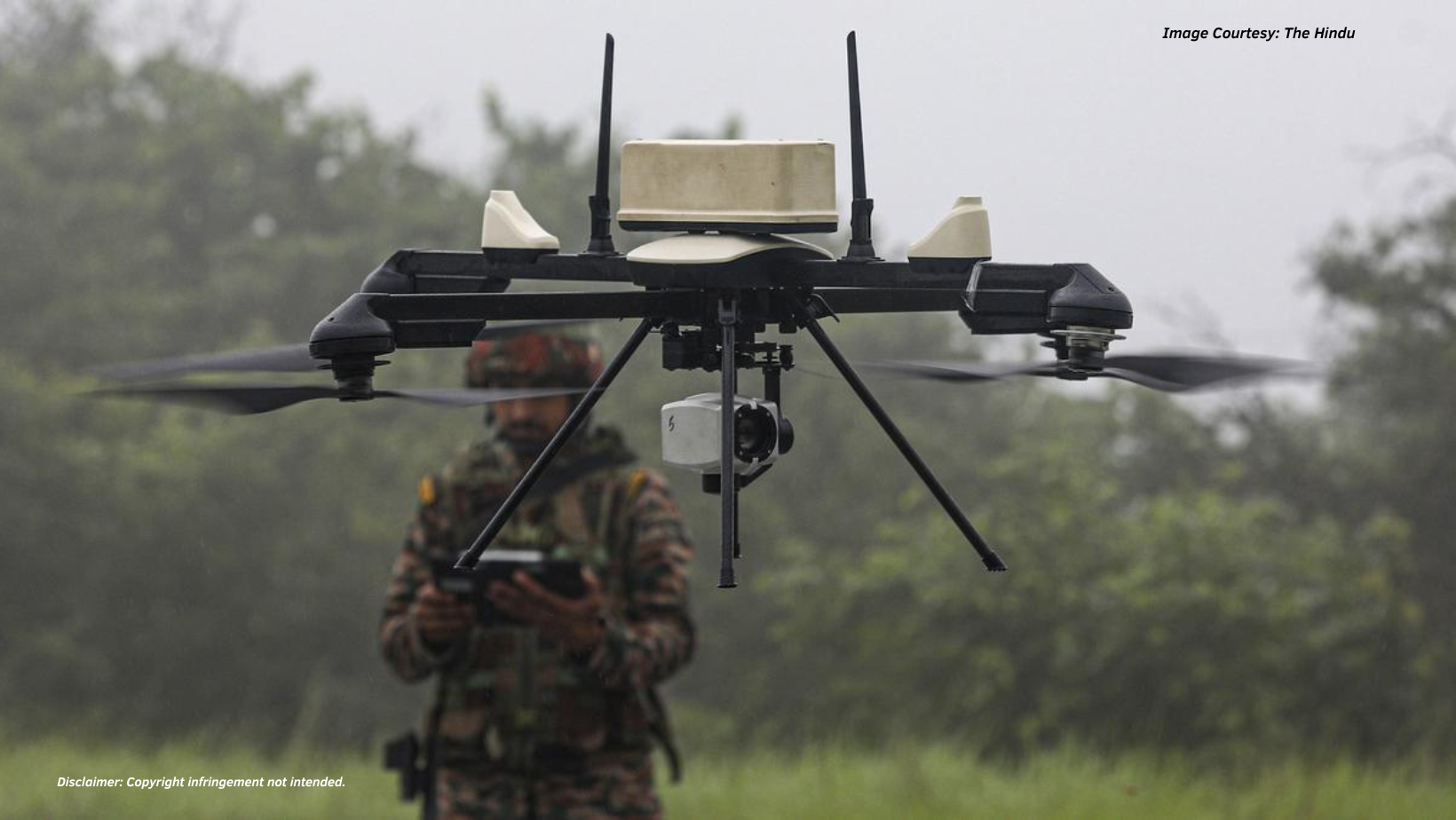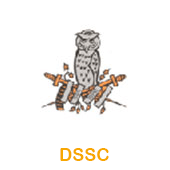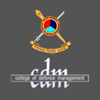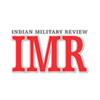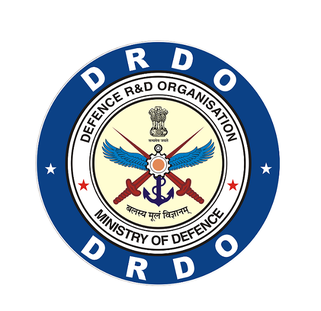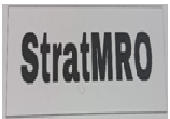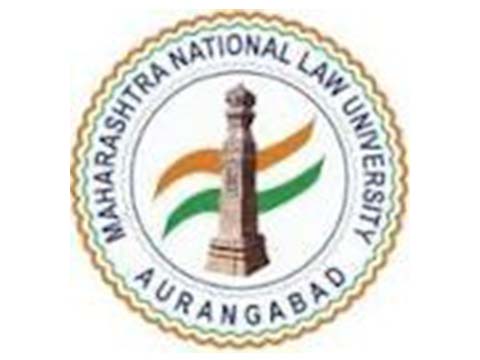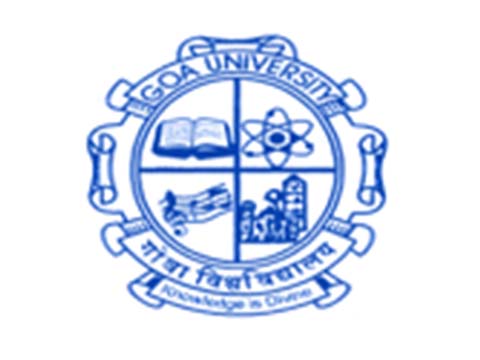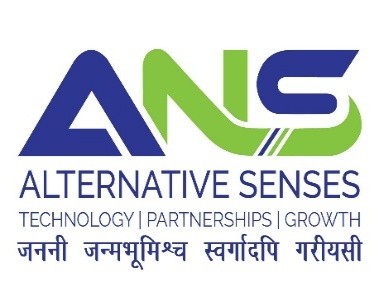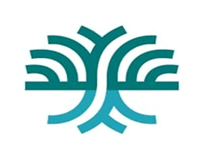Introduction
The increasing prevalence of digital devices and internet connectivity has led to a growing dependence on technology, resulting in a phenomenon known as “Digital Addiction”. In recent years, digital technology has become an integral part of modern life, with smartphones, social media, and the internet dominating our daily interactions. This digital revolution has undoubtedly revolutionized communication and information sharing but they also pose challenges, especially in high-stress environments like the Indian Army, where soldiers rely on technology for communication, navigation, and tactical operations. While digital devices have undoubtedly improved military efficiency, they have also given rise to concerns about “Digital Addiction” and its potential impact on soldiers’ mental health and operational readiness.
Digital addiction refers to a compulsive need to use digital devices, often to the detriment of one’s personal and professional life. Studies have shown that excessive screen time can lead to various physical and mental health issues1, including stress2, anxiety, depression3, and sleep disturbances4. In the context of the Indian Army, digital addiction can potentially impair soldiers’ cognitive abilities, decision-making skills, and overall performance in high-stress environments. Digital addiction is a condition in which a person becomes so dependent on electronic devices that it interferes with their daily life.5 Symptoms of digital addiction include6:
- Spending excessive amounts of time on electronic devices
- Feeling anxious or restless when not using electronic devices
- Having difficulty controlling their use of electronic devices
- Neglecting other activities to use electronic devices
In the digital age, characterized by constant connectivity and technological advancements, the concept of a Digital Detox has gained prominence. A Digital Detox refers to the intentional disconnection from digital devices to alleviate the negative effects of technology on individuals’ mental and physical well-being.7 While Digital Detoxes have primarily been associated with personal lifestyle choices, their relevance extends to professional domains as well. The concept of “Digital Detox” is a deliberate disconnection from digital devices and the internet for a specified period, allowing individuals to focus on their physical and mental well-being. Digital Detox refers to a period during which individuals consciously limit or eliminate their use of digital devices to promote mental and emotional well-being.8
The Indian army is one of the largest and most technologically advanced militaries in the world. However, with the increasing use of technology in the military, there is a growing concern about the potential for digital addiction among soldiers. In an era dominated by technology and constant connectivity, the need for Digital Detox has become more evident than ever. Digital Detox interventions can enhance soldiers’ mental well-being and improve their performance in high-stress environments.
This paper explores the concept of Digital Detox within the context of the Indian Army, considering the challenges it faces, the potential benefits, and strategies for achieving a balance between connectivity and operational effectiveness.
Challenges Faced by the Indian Army
The Indian Army operates in a rapidly evolving digital landscape, where connectivity and technological integration are crucial. However, excessive reliance on digital devices and technology poses challenges. Some challenges that Indian Army face in the form of Digital Addiction include:
- Decreased productivity: Digital addiction can lead to decreased productivity among army personnel. Excessive use of digital devices, especially during working hours, can distract soldiers from their duties, affecting their focus and performance.
- Cybersecurity risks: The Indian Army relies heavily on digital technologies for communication, intelligence gathering, and operational planning. Digital addiction can make personnel more susceptible to cyber threats, such as phishing attacks or the inadvertent disclosure of classified information.
- Impaired decision-making: Excessive use of digital devices can impair critical thinking and decision-making abilities. Army personnel need to be mentally sharp and able to make sound judgments in high-pressure situations. Digital addiction may negatively impact these skills.
- Social isolation: Digital addiction can lead to social isolation and reduced face-to-face interactions. In the military, teamwork, camaraderie, and effective communication are crucial. Excessive reliance on digital devices may hinder the development of these essential social skills among army personnel.
- Health issues: Extended use of digital devices can lead to physical and mental health problems. Soldiers who spend excessive time on screens may experience issues like eye strain, sleep disturbances, sedentary lifestyle, and increased stress levels, which can impact their overall well-being and operational readiness.
- Training and readiness: The Indian Army invests significant resources in training its personnel. Digital addiction may divert soldiers’ attention away from training programs, affecting their readiness for combat or other operational activities.
Benefits of Digital Detox
Implementing Digital Detox practices within the Indian Army can yield several benefits.
- Increased productivity: When soldiers are not constantly bombarded with electronic notifications, they are able to focus more on their work. This can lead to increased productivity and efficiency. It can enhance mental clarity and focus among soldiers, enabling them to make sound decisions under challenging circumstances.
- Reduced stress levels: Excessive digital device usage can contribute to stress, anxiety, and burnout. Digital Detox provides a break from the virtual world, allowing soldiers to engage in activities that promote relaxation, mindfulness, and self-care. This can have a positive impact on their mental wellbeing, reducing stress levels and improving overall resilience.
- Enhanced social skills: Digital devices can sometimes hinder face-toface interactions and personal connections. By disconnecting from technology, soldiers can foster stronger bonds with their peers, superiors, and subordinates. This can improve teamwork, communication skills, and morale within the army units.
- Increased physical activity: Digital Detox encourages soldiers to engage in physical activities and outdoor pursuits. Instead of spending time on screens, personnel can participate in exercises, sports, or other recreational activities. Regular physical activity not only improves physical fitness but also boosts mental health and overall well-being.
- Enhanced situational awareness: Digital Detox can help soldiers develop a heightened sense of situational awareness. By disconnecting from digital distractions, they can focus on their surroundings, observe subtle cues, and gather vital information more effectively. This can be particularly crucial during operations or training exercises where keen awareness is necessary.
- Improved sleep patterns: Excessive screen time, especially before bed, can disrupt sleep patterns and quality. Digital Detox allows soldiers to establish healthier sleep routines by reducing exposure to blue light emitted by screens and avoiding the temptation of late-night browsing. Better sleep can contribute to improved cognitive function, alertness, and overall health.
- Increased creativity and problem-solving abilities: Disconnecting from the digital world provides soldiers with an opportunity to explore their creative side and develop their problem-solving skills. Engaging in activities such as reading, writing, arts, or outdoor exploration stimulates the mind and promotes innovative thinking.
- Increased mindfulness: It allows soldiers to reconnect with nature, promoting physical fitness and overall wellness. When soldiers are not constantly bombarded with electronic stimuli, they are able to become more mindful of their thoughts and feelings. This can lead to a greater sense of peace and well-being.
Digital Detox in the army provides soldiers with an opportunity to disconnect from the virtual world, rejuvenate their minds, and focus on personal well-being, leading to enhanced resilience and performance. It has been linked to improved decision-making and problem-solving skills, which are crucial for military personnel in high-stress environments. It can potentially enhance soldiers’ resilience and adaptability, allowing them to better cope with the challenges of their profession.
Success Stories and Best Practices:
China: Daxing Internet Addiction Treatment Centre (IATC) is a military-style bootcamp nestled in the suburbs of Bejing. The young men that enter its doors are subjected to a strict military regime of exercise, medication and solitary confinement. Any kind of electronic gadgetry is completely banned.9
Strategies for Digital Detox Implementation
Achieving a balance between connectivity and Digital Detox in the Indian Army requires thoughtful planning and implementation. Here are some strategies that can be considered:
- Establishing clear guidelines: The Indian Army can formulate policies and guidelines that promote controlled and regulated usage of digital devices, defining specific periods for Digital Detox. These policies should address both personal and professional usage, specifying appropriate times and situations for device usage and emphasizing the importance of disconnecting during designated periods.
- Training and awareness programs: Conducting workshops and training sessions to educate soldiers about the importance of Digital Detox, its benefits, and strategies for implementation can foster a positive mindset and encourage participation.
- Creating designated no-device zones: Identifying specific areas or times when digital devices are prohibited can facilitate a break from constant connectivity, allowing soldiers to focus on personal well-being and quality interactions.
- Encouraging alternative activities: Offering alternative recreational activities, such as sports, hobbies, and outdoor exercises, can provide soldiers with healthy alternatives to digital engagement during detox periods.
- Lead by example: Army leadership can set an example by practicing Digital Detox themselves, demonstrating the importance of disconnecting and encouraging others to follow suit. Commanders and officers should prioritize and advocate for Digital Detox initiatives, emphasizing the importance of soldier well-being and performance.
- Technology integration for specific purposes: While Digital Detox is essential, the Indian Army can leverage technology for specific purposes, such as training simulations, strategic planning, and communication tools, ensuring a balance between connectivity and disconnection.
- Ongoing reinforcement: Continuously reinforce the importance of Digital Detox through regular reminders, campaigns, and training sessions. Ensure that soldiers understand that Digital Detox is not a one-time event but a continuous practice that contributes to their overall well-being and effectiveness as military professionals.
Conclusion
In an era of hyperconnectivity, the Indian Army faces unique challenges in maintaining operational effectiveness while ensuring the well-being of its personnel. Embracing the concept of Digital Detox can help strike a balance between connectivity and the need for periodic disconnection. By implementing strategies such as clear guidelines, training programs, no-device zones, alternative activities, and leadership modelling, the Indian Army can optimize operational effectiveness while promoting the physical, mental, and emotional well-being of its soldiers. Digital Detox is not an abandonment of technology but rather a conscious effort to ensure that soldiers remain digitally resilient, capable, and in tune with their holistic selves. Digital Detox is an important concept for soldiers to understand and embrace. By taking a break from electronic devices, soldiers can improve their productivity, reduce stress levels, improve sleep quality, enhance social skills, and increase mindfulness. These benefits can help soldiers to be more effective in their work and to live healthier and happier lives. Digital Detox in the army is a vital practice that can significantly benefit soldier well-being and performance. By disconnecting from the virtual world and prioritizing mental and emotional rejuvenation, soldiers can build resilience, enhance team cohesion, and improve their overall effectiveness. Implementation of Digital Detox strategies, along with leadership support and education, is crucial in fostering a culture that values soldier well-being and recognizes the importance of periodic disconnection from technology.
Recommendation
Research should be carried out to focus on developing effective Digital Detox strategies tailored to the unique needs of the Indian Army. The objective of the research should be to evaluate the impact of Digital Detoxification strategies on the mental well-being and operational readiness of the combatants.
References
- Cheng C, Li AY lam. Internet addiction prevalence and quality of (real) life: a meta-analysis of 31 nations across seven world regions. Cyberpsychol Behav Soc Netw. 2014 Dec;17(12):755–60.
- Nalwa K, Anand AP. Internet addiction in students: a cause of concern. Cyberpsychol Behav. 2003 Dec;6(6):653–6.
- Dalbudak E, Evren C, Aldemir S, Coskun KS, Ugurlu H, Yildirim FG. Relationship of internet addiction severity with depression, anxiety, and alexithymia, temperament and character in university students. Cyberpsychol Behav Soc Netw. 2013 Apr;16(4):272–8.
- Dresp-Langley B, Hutt A. Digital Addiction and Sleep. Int J Environ Res Public Health. 2022 Jun 5;19(11):6910.
- Singh A, Singh P. Digital Addiction: a conceptual overview. 2019 Oct;
- Cemiloglu D, Almourad MB, McAlaney J, Ali R. Combatting digital addiction: Current approaches and future directions. Technology in Society. 2022 Feb 1;68:101832
- Syvertsen T, Enli G. Digital detox: Media resistance and the promise of authenticity. Convergence. 2020 Dec 1;26(5–6):1269–83.
- Mirbabaie M, Stieglitz S, Marx J. Digital Detox. Business & Information Systems Engineering. 2022;64(2):239–46.
- Parsons J. Spend too much time online? Extreme Chinese bootcamp ‘cures’ internet addiction [Internet]. mirror. 2015 [cited 2023 Aug 10]. Available from: http://www.mirror.co.uk/news/technology-science/technology/shocking-picturesshow-chinese-internet-5445158


